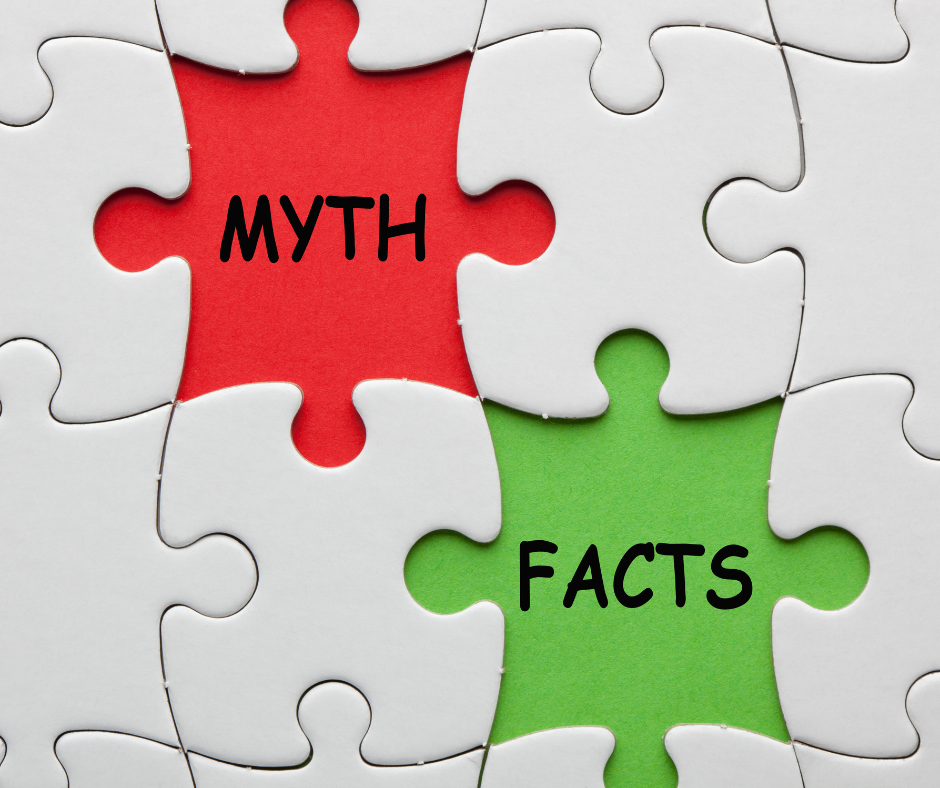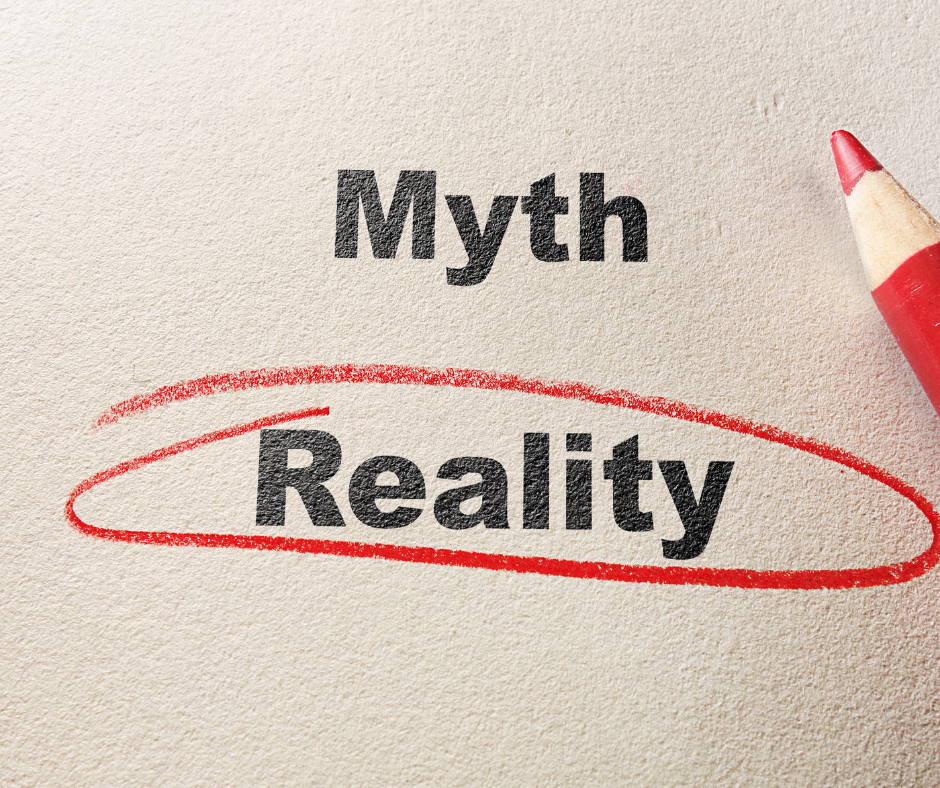 What Are Some Common Mold Misconceptions?
What Are Some Common Mold Misconceptions?
One common mold myth claims that mold has no benefits. People often assume that all molds are toxic, but the truth is that the majority of molds are not toxic and are a natural part of the environment and even necessary for vital processes like producing penicillin and decomposing organic materials as part of a healthy ecosystem.
Another popular mold misconception says that mold is always visible in your home. It should raise a red flag when you begin to smell a musty or musky odor coming from a dark space with high humidity or improper ventilation, even if you cannot see any mold. With tens of thousands of mold species, it’s nearly impossible to identify the mold in your home without the help of a professional mold inspector’s help.
In addition, it’s a common mold misconception that general cleaning to remove visible mold will solve the problem. If the area of mold is greater than 10 square feet, you should enlist the help of a mold remediation specialist team. An improper DIY cleanup can lead to the regrowth and spread of mold, especially if the cause of the problem is not addressed.
Mold Myth: Mold Only Grows in Dirty Homes
One of the most common mold misconceptions is that mold only thrives in dirty or neglected homes. Mold spores are in the air, and they can colonize any space where moisture is present. While a dirty home can contribute and encourage mold growth, even well-maintained homes can experience mold issues if there are water leaks, high humidity levels, or inadequate ventilation. Dismissing this mold myth is crucial in helping homeowners recognize the importance of moisture control, regular inspections, and knowing when to call a mold remediation professional.
Mold Myth: Bleach Kills All Mold
One of the biggest misleading mold myths is the belief that bleach is capable of eliminating all types of mold. While bleach can be effective in disinfecting and removing live mold from non-porous surfaces, it has limitations in reaching the microscopic spores. The most common mold misconception is that a bleach and water combination will completely eradicate all mold spores the bleach touches. In reality, this water solution may encourage the mold spores to grow especially if the area is poorly ventilated. Rather than relying solely on bleach, it is better to use a household detergent and water for a small mold problem.
Mold Myth: You Can Never Fully Get Rid of Mold
There is no scientific proof for the mold misconception claiming you can have a completely mold-free home. Mold spores are microscopic and exist naturally both indoors and outdoors. They can enter homes through windows, doors, ventilation systems, and attach to clothing or pets. Even in the absence of visible mold growth, low levels of mold spores are present in the air, are very resilient and survive under harsh conditions. While it may not be realistic to achieve a 100% mold free environment, it is possible to have good indoor air quality by minimizing mold growth and keeping it at levels that are not harmful to human health.
Mold Myth: Mold Only Affects People with Allergies
Mold can affect both individuals with and without allergies. For those with allergies, exposure to mold can trigger immune responses, leading to sneezing, coughing, runny eyes, congestion, and skin irritation. However, the mold myth claiming that people without allergies are not affected by mold is untrue. Mold can impact individuals without allergies, causing respiratory issues, eye and skin irritation, and general discomfort. When mold is inhaled or encounters the skin, it can irritate the respiratory system and sometimes the nervous system. This mold misconception can be hard to see as the severity of these health effects depends on the type and concentration of mold, the duration of exposure, and individual susceptibility.
Mold Myth: Small Amounts of Mold Are Harmless
While small amounts of mold are common in the environment and may not cause immediate harm to everyone, it is one of the many mold misconceptions to say it is harmless. Mold produces allergens, irritants, and sometimes toxic substances called mycotoxins. Even in small quantities, mold can cause allergic reactions in sensitive individuals. Prolonged exposure or the presence of specific types of mold can exacerbate respiratory issues, especially in individuals with allergies or asthma. What may seem like a small amount of visible mold often indicates a larger hidden infestation behind walls, in the ceiling, basements, crawlspaces, attics, under cabinets or anywhere moisture can accumulate. Ignoring a small mold area should be addressed to prevent potential health risks and structural damage.
Contact the knowledgeable professionals at MSR Restoration for complete Mold Remediation
With so many mold misconceptions and mold myths floating around, it can be difficult to identify if your home and health is in danger from a mold infestation. The knowledgeable and experienced team at MSR Restoration is equipped to assess and remediate mold problems thoroughly. From identifying the cause of mold growth to employing effective removal techniques, their expertise ensures a comprehensive solution. Contact MSR Restoration to safeguard your indoor environment and ensure a thorough and safe mold remediation process.
 What Are Some Common Mold Misconceptions?
What Are Some Common Mold Misconceptions?
